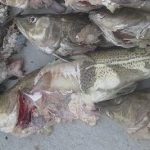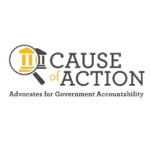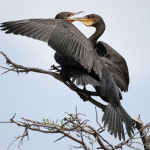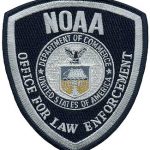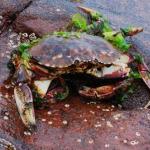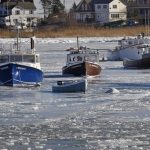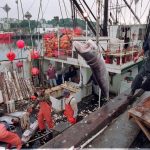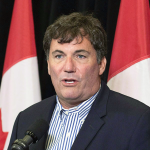Tag Archives: federal waters
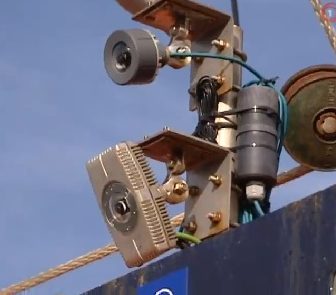
Lobstermen who harvest federal waters will be required to install electronic trackers
East Coast lobster and Jonah Crab fishermen who harvest federal waters will be required to install electronic trackers on their boats, giving federal regulators unprecedented detail on where fishing activity is taking place. A vote by the regional American Lobster Management Board approved the measure Thursday. Ware and the co-chair of the Maine Legislature’s Marine Resources Committee, Democratic Senator David Mirament, voted for the measure, over objections from the third member of Maine’s delegation, lobsterman Steve Train. >click to read< 09:32

Lobster industry needs more time to meet new regulations
Not only is the fishery being forced to change based on insufficient evidence regarding whale entanglements, it is being forced to do so on a schedule that is both too tight and poorly timed. That has left lobstermen scrambling to meet the May 1 deadline for using special weakened rope, rope that is in short supply, if it can be found at all. The Biden administration should see that the industry can’t make this deadline without causing harm. It should be extended to a more reasonable date. Under the new rules, lobster boats must use new weakened rope, or special inserts that are designed to weaken the existing rope, depending on where they fish. >click to read< 10:03
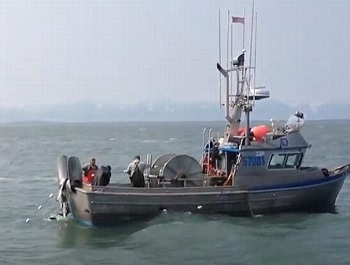
Commercial fishermen sue over Cook Inlet closure
Commercial fishermen are going to court in an attempt to keep Cook Inlet open to salmon fishing. That’s following a controversial decision by the feds to close a large swath of Upper Cook Inlet that’s long been managed by the state and is an important area for drift gillnet permit holders. The decision to close the federal Cook Inlet salmon fishery was approved by the feds last week but was first proposed last December by the North Pacific Fishery Management Council, which sets policy in Alaska’s federal waters. >click to read< 08:08

Cook Inlet Federal Waters Closed to Commercial Salmon Fishing
The Biden Administration has closed the federal waters of Alaska’s Cook Inlet to commercial salmon fishing for the 2022 Cook Inlet commercial salmon fishing season. This action closes a portion of the historically used fishing area for the Cook Inlet drift gillnet salmon fishery. NOAA Fisheries, the agency responsible for the stewardship of national marine resources, published the final rule in the Federal Register November 2, and it takes effect 30 days after that. >click to read< 13:51
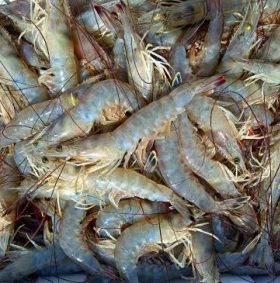
Federal waters off Georgia, South Carolina closed to fishing for brown, pink, white shrimp
The Georgia Department of Natural Resources announced on Jan. 24 that NOAA Fisheries have closed federal waters off Georgia to all fishing for brown, pink, and white shrimp. During the closure, no person may trawl for brown, pink, or white shrimp in federal waters off Georgia effective at 8:45 a.m. on Jan. 24Georgia, South Carolina NOAA Fisheries will issue a new Fishery Bulletin announcing the re-opening to shrimp harvest in federal waters off Georgia once the date is determined.. >click here to read< and in South Carolina >click here to read<17:55
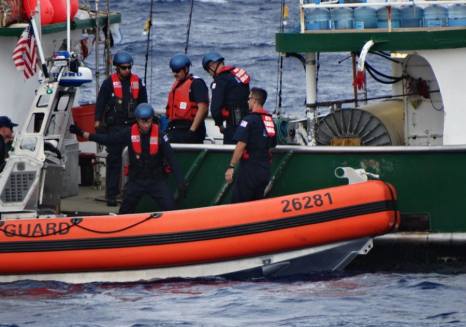
“Paper Captain” – Coast Guard cites fishing boat for illegal foreign captain
The U.S. Coast Guard said Friday it found a foreign worker acting as the captain of an American-flagged commercial fishing vessel in federal waters off Hawaii. The crew of the U.S. Cutter Oliver Berry boarded the unnamed vessel on Dec. 19 and issued a citation after they suspected a foreign national was acting as the captain and operating the boat, the Coast Guard said in a statement . It’s illegal for a foreign national to operate a U.S.-flagged commercial vessel. The Coast Guard said the vessel was cited for a violation known as a “paper captain.” click here to read the story 18:43
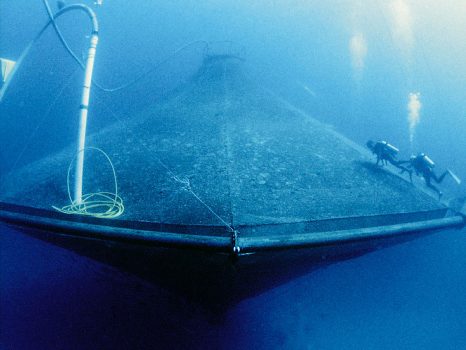
Offshore Aquaculture: Groups divided over Gulf fish farming
While proponents of aquaculture support expanding fish and shellfish farming in the Gulf of Mexico, local fishermen and food safety groups are wary of the consequences. “Developing offshore aquaculture in the Gulf of Mexico will benefit everyone. Consumers will get additional access to sustainable domestically grown seafood,” said Jim Gossen, president of the Gulf Seafood Foundation. “Using the latest proven management practices, this should provide more wild fish to both the recreational and commercial fisheries.” In 2016, NOAA filed a final rule implementing the nation’s first comprehensive regulatory program for aquaculture in federal waters. The rule allowed for the establishment of a regional permitting process to manage the development of an environmentally sound and economically sustainable aquaculture industry in the Gulf. However, local and national groups oppose the current plan in its entirety or how it’s being implemented. click here to read the story 08:56
Greater Federal, State Roles Sought to Help Develop Offshore Wind Potential
 More than two years after the Interior Department launched an initiative to speed up and simplify its permitting process, there are still no commercial-scale wind projects up and running in federal waters. Read more here
More than two years after the Interior Department launched an initiative to speed up and simplify its permitting process, there are still no commercial-scale wind projects up and running in federal waters. Read more here


































